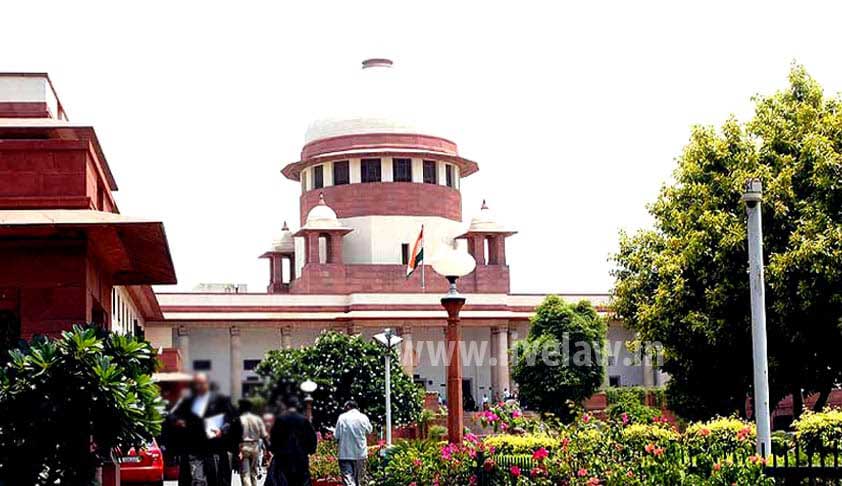The statement “inclusive of all taxes” does not mean the assessee admitted charging Sales tax: SC
Ashok KM
7 July 2016 8:34 PM IST

Next Story
7 July 2016 8:34 PM IST
A market retail price stating that it is inclusive of all taxes could be the starting point, but would not prove and establish that the sales-tax has been collected, the Bench said.The Supreme Court in Deputy Commissioner of Commercial Taxes (Vigilance) Versus M/s Hindustan Lever Limited, has observed that the statement on the packaged product ‘inclusive of all taxes’, means all taxes...
